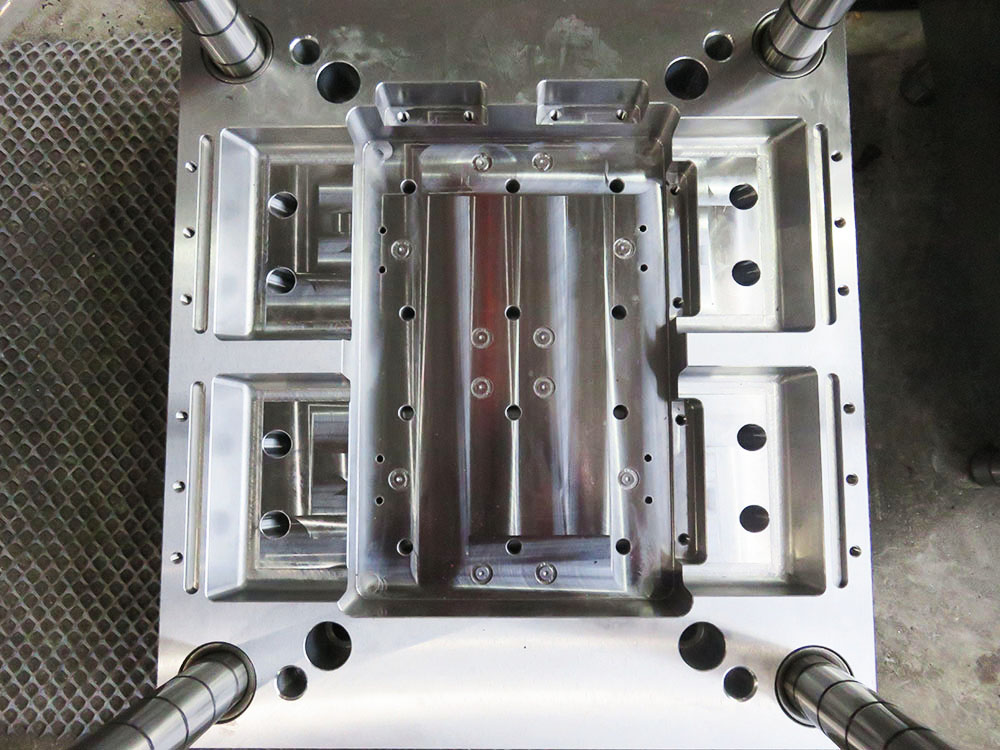Salary Range for Machinists in Tool and Cutter Grinding in the Mold Base Industry
The mold base industry is a vital sector in manufacturing, offering precision engineering solutions for various sectors such as automotive, aerospace, and consumer goods. Within this industry, machinists skilled in tool and cutter grinding play a crucial role in maintaining and operating the machinery needed for mold production. This article explores the salary range for machinists in tool and cutter grinding in the mold base industry.
Importance of Machinists in Tool and Cutter Grinding
Tool and cutter grinding machinists are responsible for the set-up, operation, and maintenance of specialized machinery used in the mold base industry. They work with computer numerical controlled (CNC) machines to fabricate and modify cutting tools that are integral to the production of molds. These machinists possess a deep understanding of various materials, measurements, and precision machining techniques. Their expertise ensures that the molds produced meet the required specifications and quality standards.
Factors Affecting Salary Range
Several factors influence the salary range for machinists in tool and cutter grinding within the mold base industry. Some of these include education and experience, technical skills, industry demand, and geographical location.
Education and Experience: Machinists with higher levels of education, such as an associate degree in machining or a related field, tend to have better prospects in terms of salary. Additionally, experience plays a significant role. Machinists with several years of practical experience in tool and cutter grinding are likely to command higher salaries compared to those with limited experience.
Technical Skills: Machinists skilled in tool and cutter grinding who possess a diverse skillset, including proficiency in programming CNC machines, interpreting technical drawings, and utilizing various software and applications, are likely to receive higher compensation. These advanced skills enhance productivity and efficiency in the machining process.
Industry Demand: The demand for machinists in tool and cutter grinding within the mold base industry can impact the salary range. If there is a shortage of skilled machinists in a particular region, employers may offer higher salaries to attract and retain talent.
Geographical Location: The salary range for machinists in tool and cutter grinding can vary based on geographical location. Certain regions or countries may have a higher cost of living or an increased demand for mold production, leading to higher salaries.
Salary Range
The salary range for machinists in tool and cutter grinding in the mold base industry can vary significantly. Entry-level machinists with limited experience and education may earn an annual salary of $30,000 to $40,000. As machinists gain experience, their salaries tend to increase. Mid-level machinists with several years of experience may earn between $40,000 and $60,000 annually. Highly skilled machinists with extensive experience, advanced technical skills, and managerial responsibilities can earn salaries upwards of $70,000 or more per year.
It is important to note that the salary range mentioned here is a general estimate and can vary based on individual circumstances, industry demand, and geographical location. Additionally, benefits such as health insurance, retirement plans, and overtime compensation can also impact the overall compensation package offered to machinists in tool and cutter grinding.
Conclusion
Machinists skilled in tool and cutter grinding play a crucial role in the mold base industry, ensuring the production of high-quality molds. The salary range for these machinists can vary based on factors such as education, experience, technical skills, industry demand, and geographical location. Employers often recognize the value of these skilled professionals and offer competitive compensation packages to attract and retain them. As the mold base industry continues to evolve, the demand for machinists in tool and cutter grinding is likely to remain strong, enhancing the career prospects and earning potential for professionals in this field.




